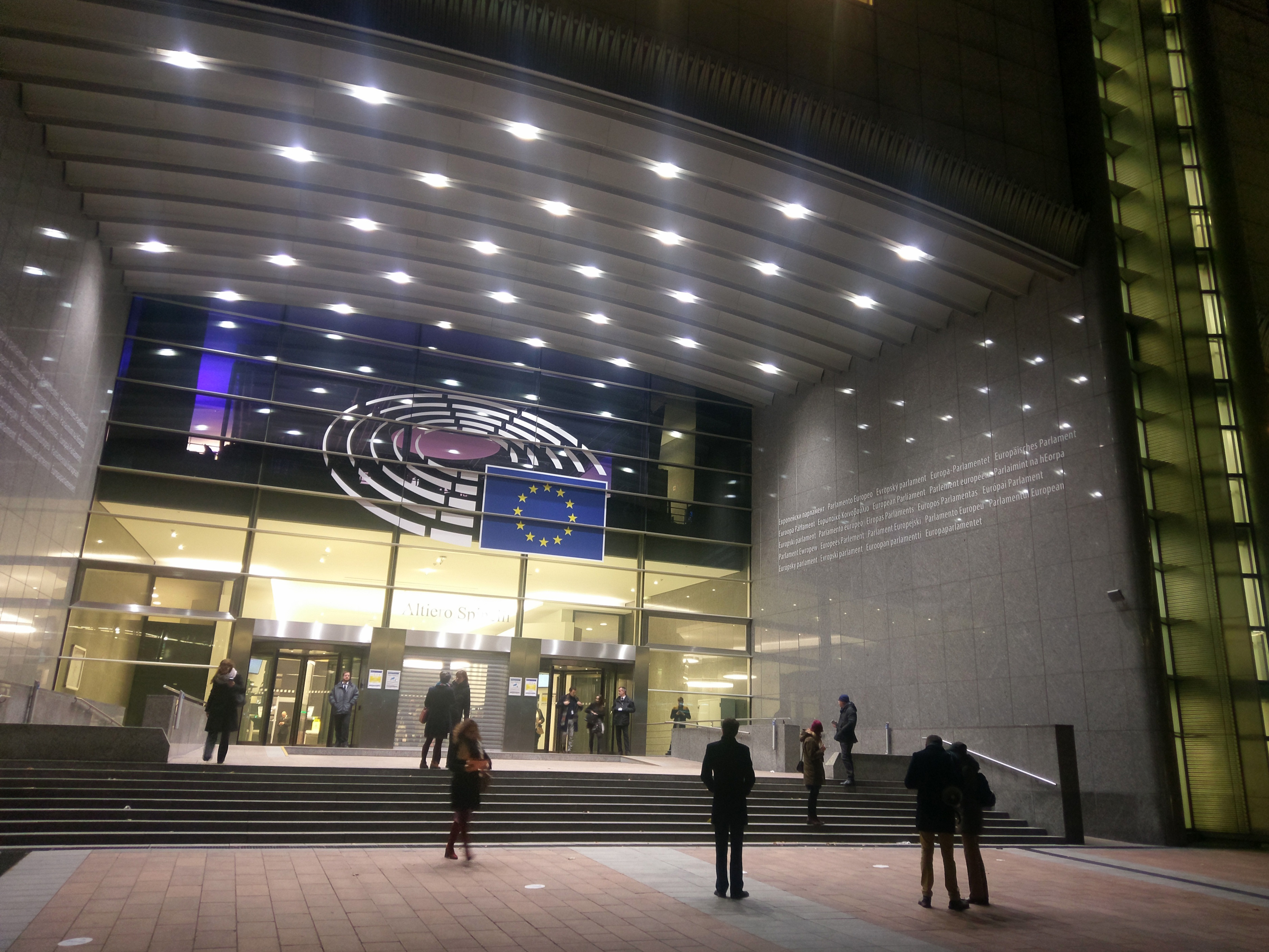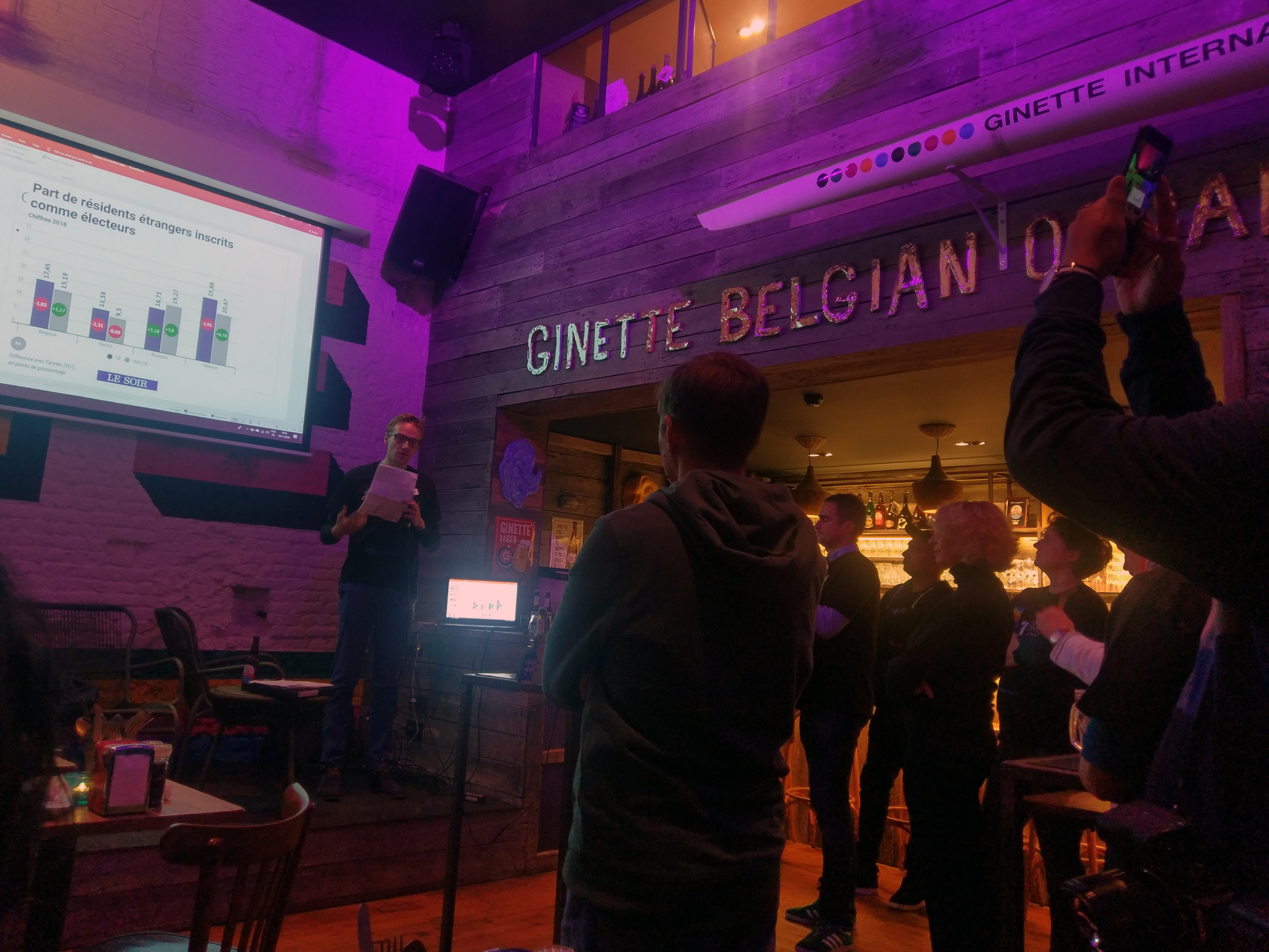Voting Rights – A Question of Nationality or Residence?
In times of global migration and mobility citizenship and voting rights need to be reconsidered, especially in countries or cities with a high rate of foreign residents. In Brussels an initiative is proposing to grant voting rights to all residents of the city. In Switzerland the concept of citizenship in a mobile society is under discussion.
How democratic are democracies where a large part of the residents have no voting rights because they are not citizens of the country? Which ways are there to deal with the issue of voting rights in times of migration and mobility? These questions are discussed in Switzerland as in other places. In Switzerland, 25% of the population have no voting rights because of their foreign nationality, with a few regional exceptions. It was the main topic of the last annual conference of the Federal Commission on Migration. In Switzerland, easier access to naturalization (that is comparatively strict) is discussed as one way to include migrants in the democratic system next to other ideas such as granting voting rights on different political levels or after a certain period of residence.
In Brussels 35% of the Residents have no Voting Rights
In Brussels, the European capital, and a city with a strong diversity and historical as well as current migration, the percentage of people without voting rights on the city and on the national level is as high as 35%. As in other countries of the European Union (EU), EU citizens have voting rights on the communal level only. As the city of Brussels is made up of 19 communes, EU citizens can only vote in their commune/part of the city.
Some of the foreigners living in Brussels, especially EU citizens, are wondering why they have to naturalize in order to receive voting rights. They identify themselves with this city and would like to have a say in the matters concerning the city while they live there. However, they do not necessarily want to become Belgian. In fact, national identity might not even play a big role for them. Some of the international professionals that Brussels attracts might also move on after a few years.
Voting Rights for All Residents of Brussels Requested
An interesting and very active initiative called 1bru1vote is now demanding voting rights for all residents of the city. The goal is not to strive for faster naturalization, but rather to obtain political rights for those who live in the city at a given time and who want to take part in shaping and developing it, no matter which passport they hold or how long they are staying in Brussels.
1bru1vote is a group of volunteers who connect supporting residents and citizens. They make it a point that their sole goal is the issue of voting rights and democracy – without any party affiliation. The initiative organizes events, campaigns, and interpellations to local political bodies with the goal of providing voting rights for all residents in the next elections of the city of Brussels in May 2019.
«What will happen when the current percentage of non-Belgian Brussels residents grows, when there will be more than 50% of the population in Brussels without voting rights?» Dagmar Ottevangers, one of the founding members of 1bru1vote, wonders. «Will that still be a democracy?»
Presentation of Thomas Huddleston at the Citizens’ convention of 1bru1vote on 19 November 2018
Political Participation and Globalization
«There are 35% of us and we demand our place», she concludes. The campaign is reminiscent of historical fights for voting rights and maybe it is as much a historical step. It is evident that the issue needs to be tackled as globalization is increasing. An important question is how democracies can be organized in future in the face of migration and mobility, when a large percentage of those who live in a place cannot vote there, while others, who live far away, can vote. In addition, people might want to participate not only in one nation state, but possibly hold more passports, as a study on dual citizenship in Switzerland conducted by the University of Lucerne showed.
Moreover, the initiative in Brussels shows that other entities like cities or supranational spaces like the EU become important. Thus, nationality might not be the key solution any longer, but the ways in which citizenship and voting rights are understood need to be thought over and negotiated on multiple levels. Establishing voting rights for migrants in cities as spaces where daily life takes place and concrete measures are implemented is a tangible step in this debate.
Fotografie: Katrin Sontag




